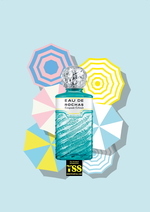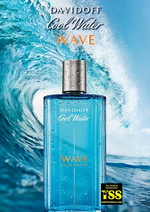Erborian Magnolia Love, Nokcha Drop & Yuza Energy (2017) {New Fragrances}
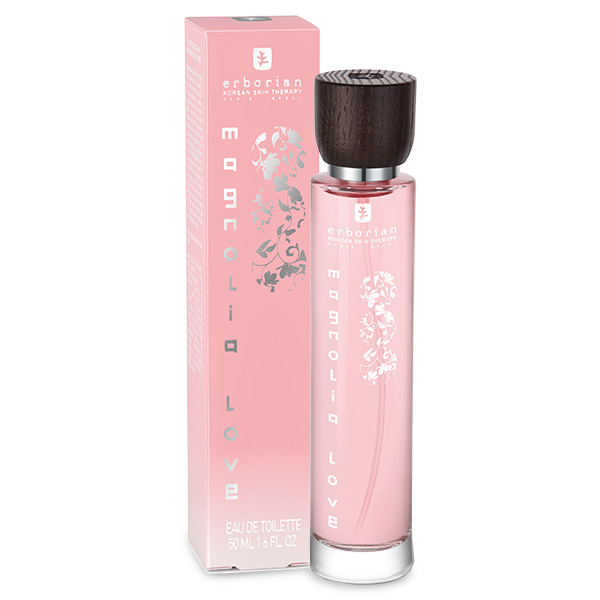
Erborian, a Korean beauty brand mixing a contemporary scientific approach, botanical research and a reverence for the past beauty traditions of the Country of the Morning Calm, has launched a debut trio of perfumes called Magnolia Love, Nokcha Drop & Yuza Energy...
Magnolia Love is inspired by the vision of a sheltered private garden in the heart of Seoul,
"Fall in love in the shade of its majestic and exotic trees. Be captivated by the scent of Magnolia, grown in Korea for centuries and a symbol of eternal love with each return of spring."
The edt features notes of magnolia, jasmine, and "deliciously sweet notes of peach". Magnolia Kobus bark extract, an anti-bacterial, is cited as the main beauty and scent ingredient of the blend.
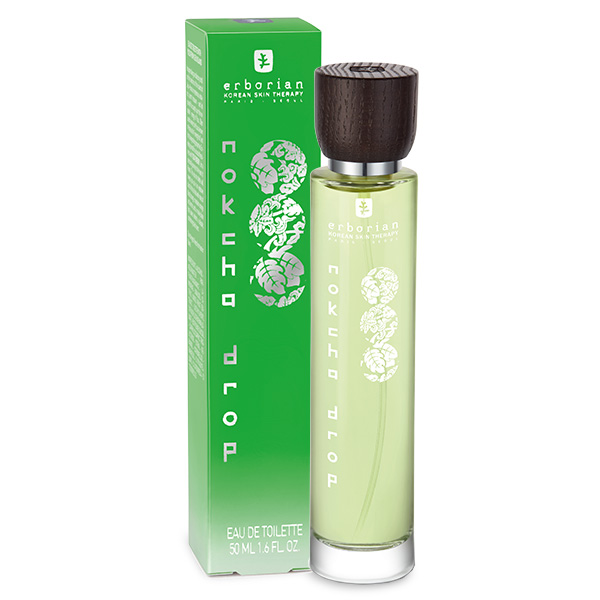
Nokcha Drop is a tea fragrance and the scent of Korea's Boseong region "known for the exceptional quality of its green teas".
"Enriched with Boseong Green Tea extract, NOKCHA DROP envelops you in a bubble of freshness for a true moment of relaxation, like a breath of air replenishing for your senses."
The eau de toilette rests on citrus notes, woody maté, spices -pepper in particular. Green tea leaf extract is included as an anti-oxidant ingredient.
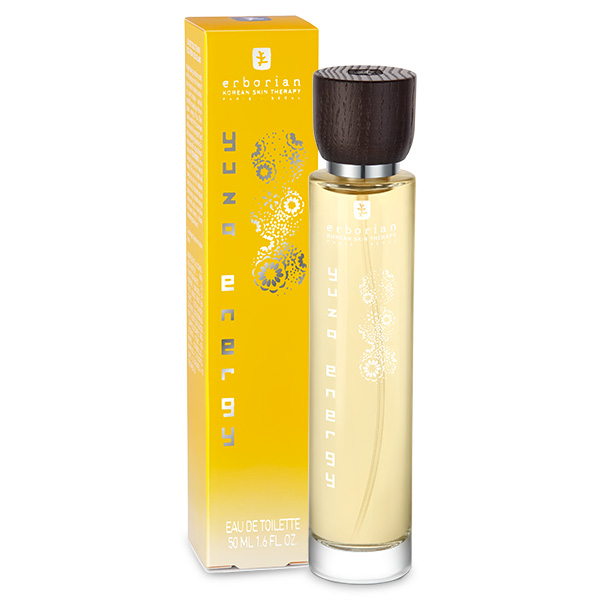
Yuza Energy is a hesperidic perfume bottling Jeju island, which has already been interpreted by Annick Goutal in 2015 with L'Île au Thé.
"Imagine taking an olfactory stroll on the beaches of the island of Jeju - Korea's mysterious, volcanic, secret treasure - and let yourself be caught up in the exquisite energy of Yuzu.
Often used in winter, the Yuzu is known in Korea as the "energy fruit" and for its invigorating properties."
The edt reportedly releases an explosive burst of citrus fruits, namely blood orange, mandarin orange and lemon, while the base rests on a delicate musk. Citrus junos fruit extract is said to be incorporated as a hydrating agent and an anti-oxidant.
Each scent is priced at 39,90€ for 50 ml.
You can read:
The Traditional Art of Beauty and Perfume in Ancient Korea







